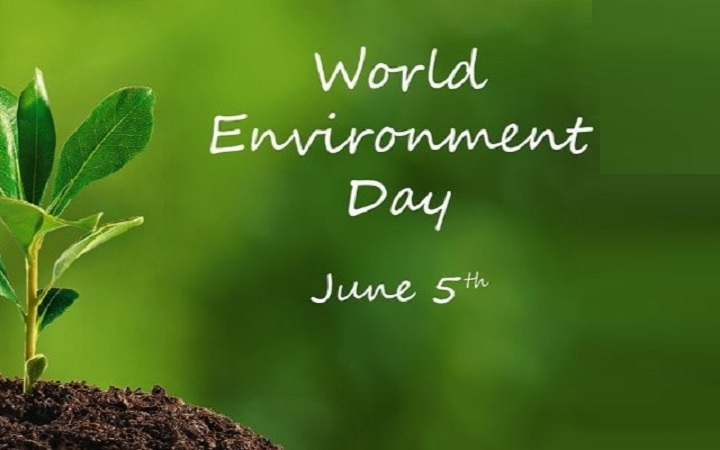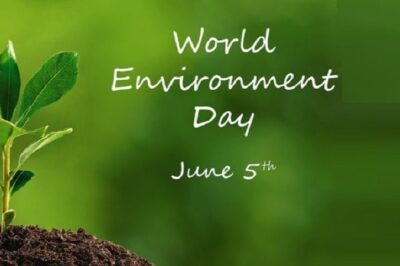
A Global Call to Action
On June 5, 2025, World Environment Day spotlighted the escalating crisis of plastic pollution, urging collective action to curb its pervasive impact. Hosted by the Republic of Korea in Jeju Province, the event brought together governments, businesses, civil society, and communities under the theme #BeatPlasticPollution. This year’s observance highlighted the urgent need to address plastic pollution, which affects every corner of the planet, from the highest mountains to the deepest oceans.
The Plastic Crisis Unveiled
Plastic pollution has become a global environmental challenge, with over 400 million tonnes of plastic produced annually, half of which is designed for single-use. Alarmingly, less than 10% of this plastic is recycled. An estimated 11 million tonnes leak into aquatic ecosystems each year, impacting marine life and entering the food chain through micro plastics. These tiny particles, up to 5mm in size, have infiltrated human bodies via food, water, and air, posing significant health risks.
Urgency for a Global Treaty
World Environment Day 2025 coincided with the two-month countdown to the resumption of international negotiations aimed at establishing a global treaty to end plastic pollution. The United Nations Environment Programme (UNEP) emphasized the need for a legally binding instrument to address plastic pollution comprehensively, including its lifecycle, from production to disposal. The treaty aims to reduce plastic waste, promote recycling, and encourage the development of sustainable alternatives.
Innovative Solutions and Policy Initiatives
In response to the plastic crisis, various countries have implemented policies and initiatives to reduce plastic waste. The Republic of Korea, as the host nation, has adopted a full life-cycle plastic strategy, bringing together government, businesses, and consumers to eliminate plastic pollution by 2040. Other nations have introduced bans on single-use plastics, extended producer responsibility programs, and promoted eco-friendly alternatives such as packaging made from rice stubble and seaweed-based films.
Public Engagement and Awareness
World Environment Day 2025 also focused on raising public awareness about the impacts of plastic pollution. Events and campaigns encouraged individuals to reduce plastic consumption, reuse materials, and recycle responsibly. Social media platforms were flooded with messages and hashtags like #BeatPlasticPollution, urging people to take personal responsibility in combating plastic waste. Educational programs highlighted the importance of adopting sustainable practices in daily life.
The Role of Youth and Communities
Youth and community groups played a pivotal role in the World Environment Day celebrations, organizing clean-up drives, awareness campaigns, and workshops. Their active participation underscored the importance of grassroots movements in driving environmental change. The involvement of young people is crucial, as they represent the future stewards of the planet and are instrumental in advocating for sustainable practices.
Conclusion
World Environment Day 2025 served as a powerful reminder of the pervasive threat posed by plastic pollution and the collective efforts required to address it. The event galvanized global commitment to reducing plastic waste, promoting sustainable alternatives, and supporting the development of a comprehensive international treaty. As the world moves forward, continued collaboration among governments, businesses, and individuals will be essential in creating a cleaner, healthier environment for future generations.









































Leave a Reply